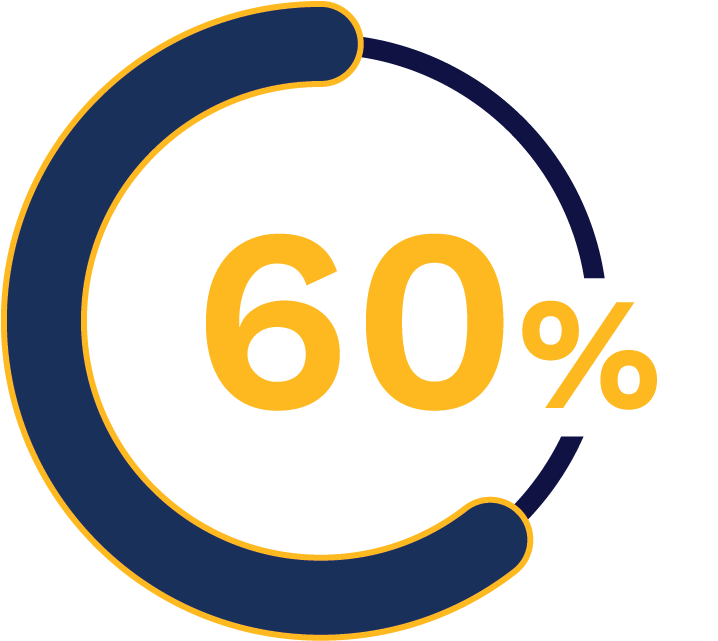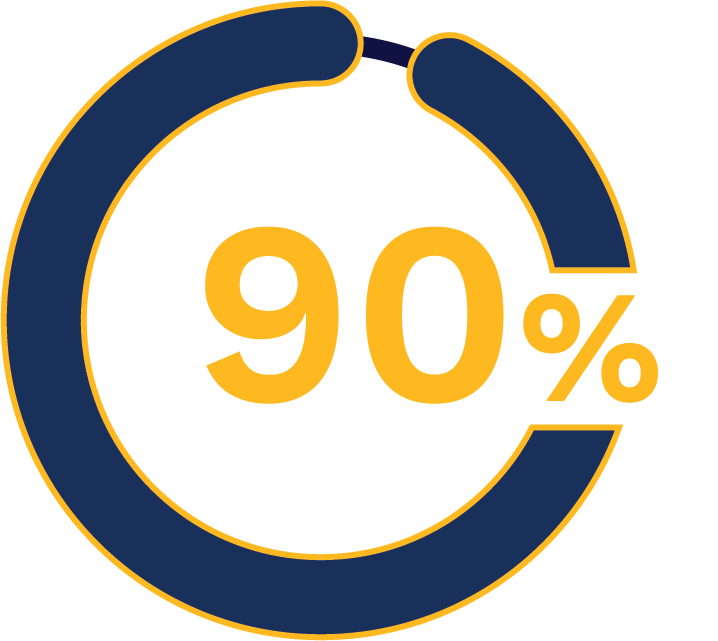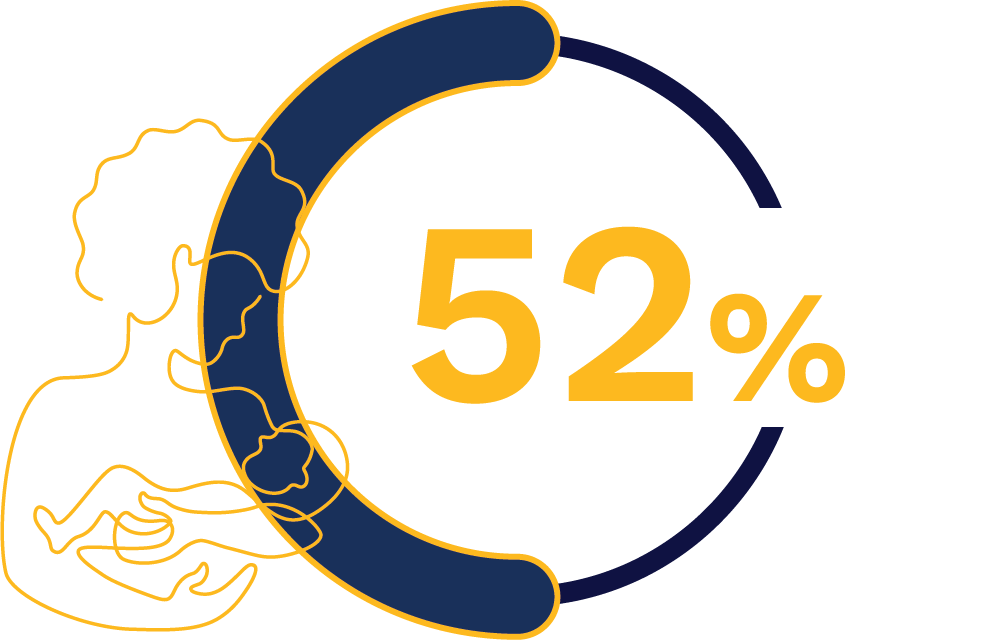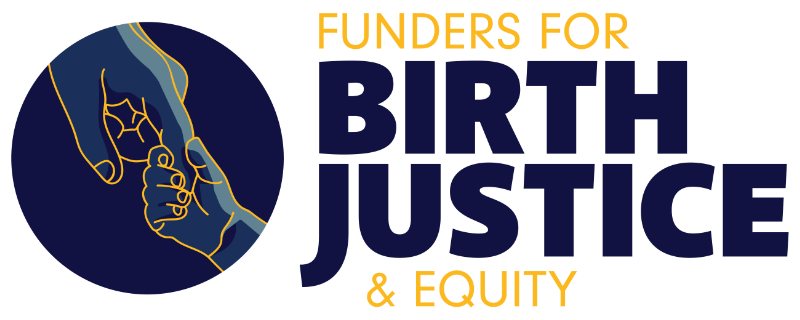The issue
Maternal mortality
“The United States has some of the worst rates of maternal and infant health outcomes among high-income nations, despite spending an estimated $111 billion per year on maternal, prenatal, and newborn care. Nationally, Black women are three to four times more likely to die from pregnancy related causes than white women.”
Black Mamas Matter Alliance. Issue Brief: Black Maternal Health. Atlanta, Georgia: September 2020
The numbers speak for themselves.

Hypertension—dangerously high blood pressure—is a leading cause of mothers dying and suffering strokes. 60% OF DEATHS CAUSED BY HYPERTENSION COULD BE PREVENTED. (1)

Hemorrhage—extreme blood loss—is a leading cause of mothers dying and suffering severe injuries. 90% OF DEATHS CAUSED BY HEMORRHAGE COULD BE PREVENTED. (2)
“Black women deserve to have safe and healthy pregnancies and childbirth. To meaningfully improve Black maternal health outcomes, we need systemic change that starts with the health care system, improves access to care and makes the places Black women live and work healthier, more fair and more responsive to their needs. Only when we do that will Black women be able to achieve their optimal health and well-being throughout their lifespan, including if they choose to become parents.”
National Partnership for Women & Families
Black Women’s Maternal Health: A Multifaceted Approach to Addressing Persistent and Dire Health Disparities, April 2018 Health Issue Brief
“It’s chronic stress that just happens all the time—there is never a period where there’s rest from it, it’s everywhere, it’s in the air, it’s just affecting everything.”
Fleda Mask Jackson
Atlanta researcher and member of the Black Mamas Matter Alliance

52% of pregnancy-related deaths take place 7 TO 365 DAYS AFTER BIRTH. (3)
(1) and (2) USA TODAY, Deadly Deliveries: A USA TODAY Investigation, March 2022; (3) Birth by the Numbers, The Contemporary Challenge of Maternal Mortality in the U.S. , July 2021
What now?
Funders for Birth Justice and Equity will work with funders and donors who want to strategically and impactfully support BIPOC-led, community-based organizations to bring their solutions to scale. We will do this by:
ESTABLISHING a Field Advisory Committee to articulate what the needs of the field are and are not.
DEVELOPING a map of funders now active in this area so that we may build relationships, collaborate, and co-fund.
STARTING a comprehensive mapping of the field. Funders often want to know where to direct their dollars to make an impact. This map, driven by field leaders, will help us to understand how best to make an impact in our own region
CONTINUING our education series and quarterly webinars that lift up on-the-ground successes and important intersectional issues to examine.
OFFERING a deep-dive education program into the root causes of the inequities in birth outcomes.
CREATING opportunities to gather, in-person and virtually, to share, learn and collectively act.
Get involved.
Help Us achieve justice and equity.
Join funders and donors interested in changing how philanthropy approaches birth inequities and birth injustice so that change can finally be realized.
“Please stop asking me to innovate. I have done all the innovating I can. It is time for you, the funders, to innovate. Innovate the way you fund.”
Jennie Joseph
Founder, Commonsense Childbirth and National Perinatal Task Force and one of Time Magazine’s 2022 Women of the Year at the 2022 Birth Equity Funders’ Summit.
